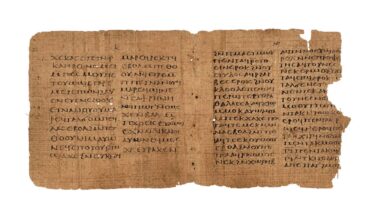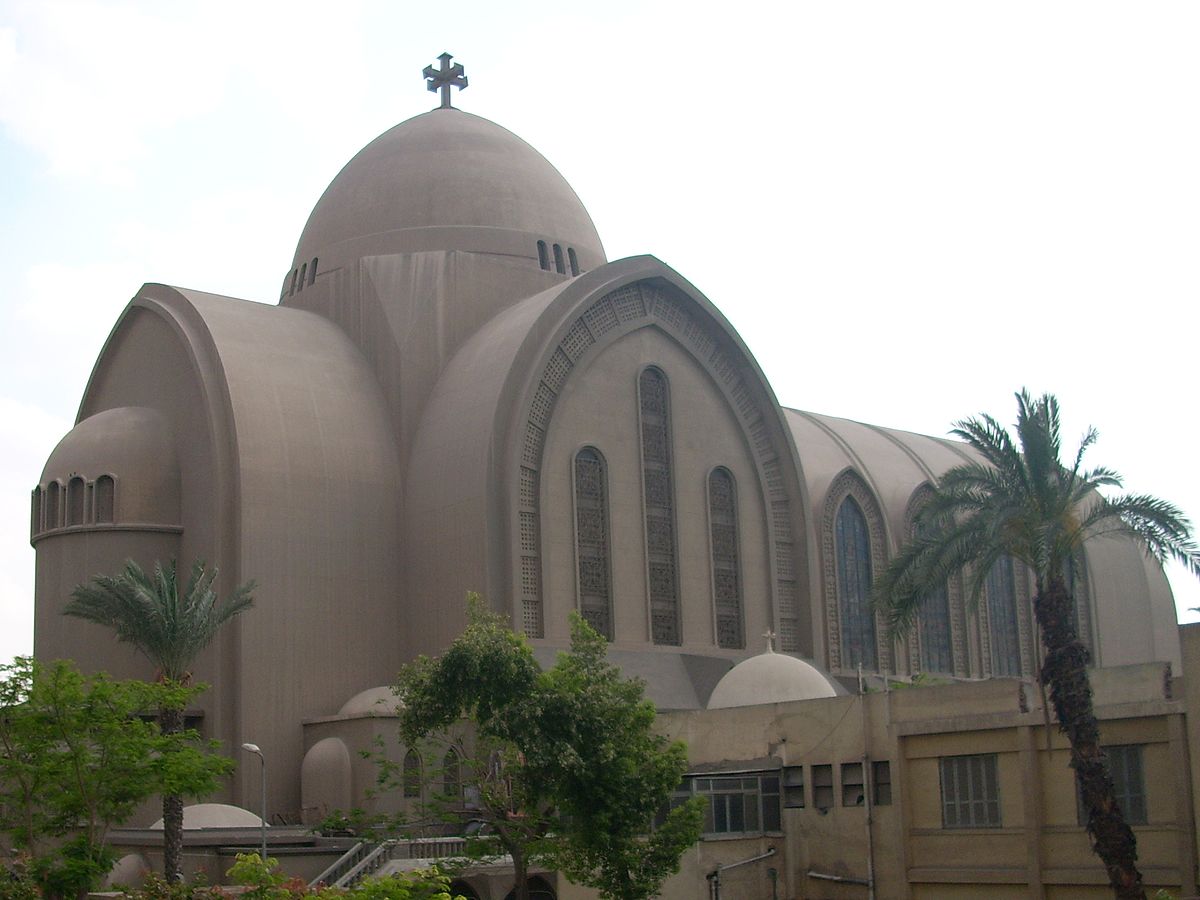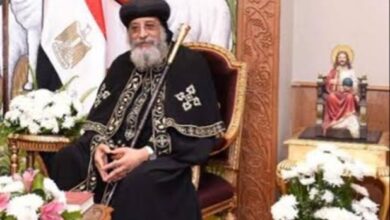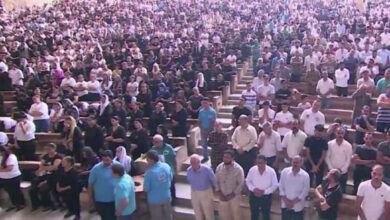An Egyptian court ruling sentencing a Muslim man, found guilty of killing six Copts one year ago, is likely to have a negligible impact on Egypt's new generation of increasingly radicalized Coptic Christians, who are moving farther away from the Coptic Church’s traditionally soft stance, say experts.
On Sunday, an Egyptian state security court sentenced Mohamed Ahmed Hussein, 39, to death for killing six Christians and a Muslim policeman in a drive-by shooting on 6 January of last year in the Upper Egyptian city of Naga Hammadi.
Two weeks ago, 23 Copts were killed when an alleged suicide bomber targeted Christian worshipers as they emerged from Alexandria's Church of St. Mark and St. Peter following New Year’s mass. Last week, an off-duty policeman shot Six Coptic commuters on a train in Upper Egypt, in an incident that the government says was not religiously motivated.
Following the two incidents, thousands of Copts staged demonstrations–with a few turning violent–in Alexandria, Cairo and Minya to condemn what they described as the “persecution of Copts in Egypt.”
"For the first time, Copts went from demonstrating inside churches to demonstrating in the streets,” said Ishak Ibrahim of the Cairo-based Egyptian Initiative for Personal Rights. “It’s unprecedented; it will be difficult to push them back.”
In the wake of the New Year's Eve attack in Alexandria, hundreds of angry Copts took to the streets chanting anti-government slogans.
"My friends and I rushed into the church. I was driven by absolute despair about my slain brethren," said Ramez Bishoy, 30, who lives in the religiously-mixed area of Alexandria’s Street 45.
According to Bishoy, hundreds of Copts from across Egypt thronged to Alexandria to "support their brothers and sisters in Christianity."
"Some brought knives because the attacks might be repeated and we had to defend ourselves," he said.
Experts say the recent Coptic demonstrations are unprecedented, breaking a decades-long tradition of pacifism on the part of the Coptic Church.
"In the past, Copts would call on the state to protect them," said Ibrahim. "But now, they view the state as a violator of their rights."
"The state is responsible for creating an environment of extremism against Copts. It also doesn't respond to our demands," said Naguib Gebraeel, a Coptic lawyer.
The fresh wave of Coptic protests, it seems, was not driven by church officials, but rather reflects an increasing militancy within the Coptic community.
"Small circles of Coptic youth organized demonstrations. They used mobile text messaging to mobilize as many as possible,” one Coptic young man from Alexandria told Al-Masry Al-Youm on condition of anonymity.
Last week, a group of Coptic young men gathered in front of the Good Shepherd Hospital in the Upper Egyptian city of Samalout to protest the killing of a 71-year-old Coptic man in the train shooting. Local clergymen failed to stop angry Copts from demonstrating and clashing with security forces, who fired tear gas to disperse protesters.
"We told them to stop demonstrating, but they refused," said Father Moussa Rafael, a priest at the Church of St. Mark in Samalout.
Such demonstrations reflect a "worsening situation," according to Paul Marshall, senior fellow at the Center for Religious Freedom at the US-based Hudson Institute. “The main problem for Christians (in Egypt) is Islamic extremists–with continuing violence and threats against Christians," he alleged. "The government does not, or cannot, adequately protect Christians from extremists, and often denies the problems.”
Copts have traditionally complained about government restrictions on building churches, arguing that the state had failed to pass a six-year-old draft law governing construction of religious edifices. They have also voiced concern about their low representation in parliament and in key government positions.
Out of Egypt’s 29 governors, who are appointed by the president, there is only one Christian–the governor of Qena. There is not a single Christian among the heads of Egypt's 14 public universities.
Although longstanding informal estimates put Christians at roughly one tenth of Egypt's population of 80 million, critics say they have only 2000 churches compared to some 93,000 mosques.
"Earlier, Copts protested in churches, or even in the Patriarchate in Abbasiya, for specific issues, such as building a church or protesting against the alleged kidnapping of a Christian woman to forcibly convert her to Islam. Now it's completely different," said Ibrahim.
The new Coptic generation, backed by new media technologies and exposure to Egypt’s vibrant civil society, have hit the streets to voice their grievances, explained Ibrahim.
Other commentators, however, suggest the Coptic Church will remain in firm control of its flock.
"These angry young Copts are shaped by the teachings of clergymen. They support the strategy, adopted by Pope Shenouda III, that Copts have particular characteristics and they should remain united under the leadership of the church, " said Nabil Abdel Fattah of the semi-official Al-Ahram Center for Political and Strategic Studies.
In the absence of strong secular political groups, Abdel Fattah noted, the church will continue to act as the sole representative of Egypt's Copts.




